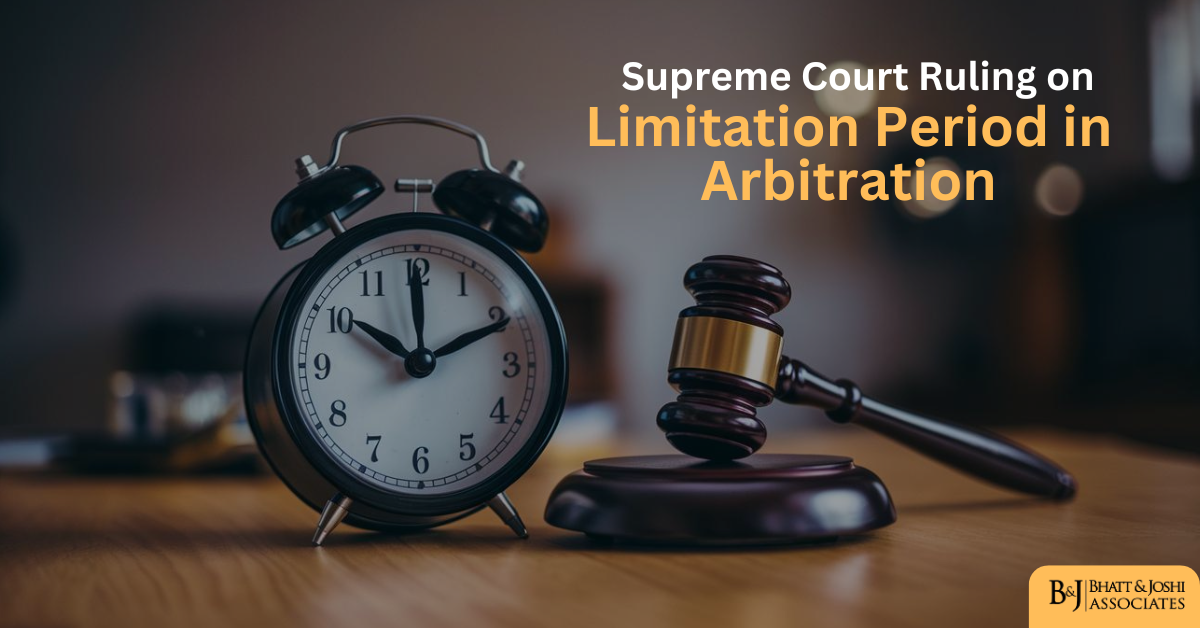Introduction:
The Supreme Court of India recently issued a significant ruling on the topic of whether negotiations between parties involved in an arbitration can postpone the “cause of action” concerning the limitation period. This legal decision addresses an essential aspect of arbitration and its related time constraints.
B and T AG v. Ministry of Defence :
The case in question, B and T AG v. Ministry of Defence, emerged from a contractual dispute with the Government of India, specifically its Ministry of Defence. The petitioner had submitted a bid for an urgent tender, aiming to procure 1,568 submachine guns through a fast-track procedure.
Provisions of Law Involved:
The Supreme Court was dealing with an application filed under Section 11(6) of the Arbitration and Conciliation Act, 1996, which pertains to the appointment of an arbitrator. This section comes into play when parties fail to appoint an arbitrator within 30 days of receiving a request to do so.
Judgment Discussion:
The crux of the Supreme Court’s ruling was that the limitation period for filing an application under Section 11(6) of the Arbitration and Conciliation Act does not get postponed due to mere negotiations between the parties involved. This means that the three-year limitation period for filing a Section 11 application begins running from the moment the initial cause of action arose. Any subsequent negotiations between the parties will not delay the cause of action for the purpose of calculating the limitation period.
Important Observations on Limitation Period in Arbitration Cases:
The Court’s decision is underpinned by the belief that negotiations, no matter how extensive, should not have the effect of postponing the “cause of action” concerning the limitation period. The Legislature, through the Arbitration and Conciliation Act, has set a strict limit of three years for the enforcement of a claim, and this statutory time frame should not be defeated on the grounds that parties were engaged in negotiations. In essence, it reiterates that the statutory time limits are binding and must be adhered to diligently, even in the presence of ongoing negotiations.
Conclusion: Clarifying the Limitation Period in Arbitration
This Supreme Court ruling provides much-needed clarity regarding the interplay between negotiations and the limitation period in arbitration cases. It firmly establishes that negotiations do not alter or delay the limitation period and reinforces the need for parties involved in arbitration to abide by the statutory time limits, regardless of the status of ongoing negotiations. This judgment has important implications for parties involved in arbitration proceedings, as it emphasizes the importance of complying with prescribed legal timeframes and underscores the need for efficient resolution of disputes in a timely manner.











